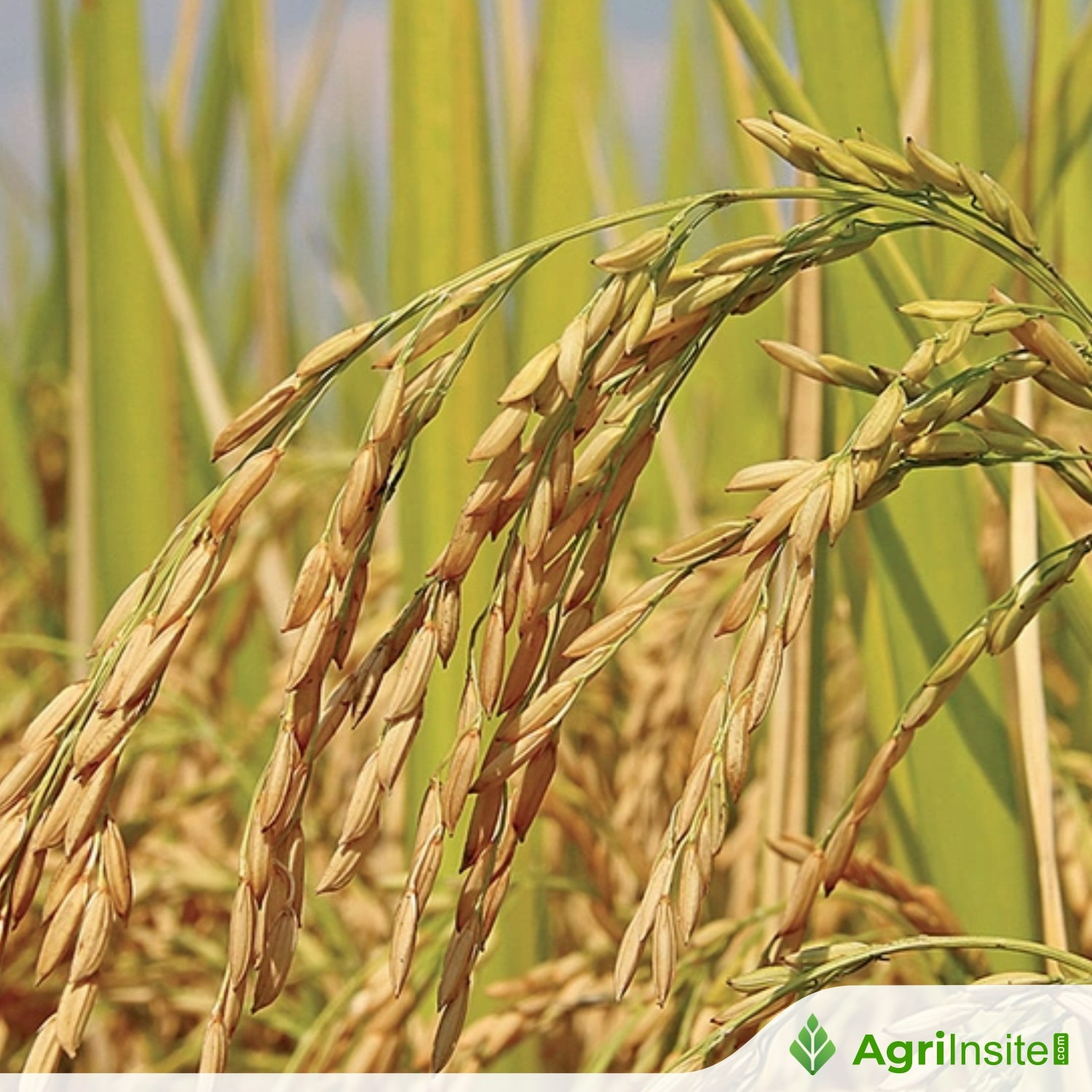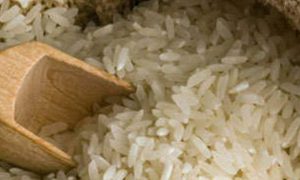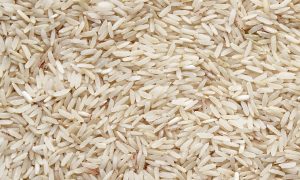High court reserves order on Punjab’s ban on hybrid paddy seeds

With less than two weeks to paddy transplanting in Punjab, the Punjab and Haryana High Court has reserved its verdict on a petition challenging the state’s ban on hybrid paddy seeds. While rice millers oppose hybrids due to high breakage rates, seed industry advocates argue hybrids boost yields, save water, and cut emissions. The decision is awaited.
Bathinda: With less than two weeks left to transplanting paddy in Punjab, a bench of the Punjab and Haryana high court on Monday reserved its order over a petition challenging a ban on hybrid seeds of paddy. The arguments had been closed, but the court did not fix a date for pronouncing the order. The Federation of Seed Industry of India (FSII) challenged Punjab govt’s decision to ban hybrid paddy seeds in 2019.This decision was later amended, but the Punjab agriculture department again banned the cultivation of Pusa-44 and hybrid varieties on April 7 this year, aiming to safeguard groundwater from depletion and tackle pollution.
Another petition was filed in the court over the matter recently, and it was clubbed with the 2019 petition.Rice millers were against the cultivation of hybrid varieties, claiming they produced more broken rice. Certain farmers and FSII were of the view that hybrid varieties use less water and produce more paddy.During the last hearing on May 13, Punjab Rice Millers’ Association president Tarsem Saini was impleaded as a respondent in the petition. FSII chairman Ajai Rana said as the court had reserved its verdict on the Punjab govt’s decision to ban hybrid rice, the seed industry was hopeful of a balanced outcome that recognised the role of science and innovation in agriculture.
“Hybrid rice is a proven solution to meet the dual challenge of increasing productivity and conserving natural resources.It offers 5–6 quintals more yield per acre, short-duration varieties mature faster, and supports direct seeding of rice method, which reduces water use by 30% and lowers emissions. These hybrids are also bred for better tolerance to abiotic stress and resistance to major pests, helping farmers manage risks more effectively,” he said.All hybrids in the market have undergone rigorous three-year trials under ICAR’s All India Coordinated Rice Improvement Project and comply with national standards, including the 67% out-turn ratio mandated by FCI, he added.Saini said the quality of rice from hybrid varieties was below the standard, with the broken ratio being much higher.
He said they wanted hybrid varieties of rice to be milled under the supervision of a state-level monitoring committee.The federation also approached the authorities in Punjab and Aam Aadmi Party supremo Arvind Kejriwal, urging them to reconsider their decision to ban the cultivation of hybrid rice in the state.Paddy, including basmati, is transplanted on nearly 32 lakh hectares in Punjab, and there are varied figures for hybrid varieties, with Punjab Agriculture University pegging hybrid varieties at only 5-6% of the total area under paddy.Millers claimed they were not getting the required 67% head rice from hybrid varieties, as more broken rice was produced from these varieties. Out of 67kg rice to be delivered to FCI after custom milling, 25% broken is allowed, but in these varieties, it was turning out at more than 35%. After milling (de-husking and polishing, turning brown rice into white rice), there was also the issue of chalkiness due to incomplete starch and protein accumulation.The federation stated that on an average, hybrid rice delivered 15%-20% higher yield over other varieties, translating to Rs 8,000 – 10,000/acre incremental income opportunity for Punjab rice farmers. Due to the shorter crop cycle of 120-125 days (seed to grain), hybrid rice saves 20-25% groundwater and reduces greenhouse gas emissions.
To Read more about Rice News continue reading Agriinsite.com
Source : The Times Of India
















